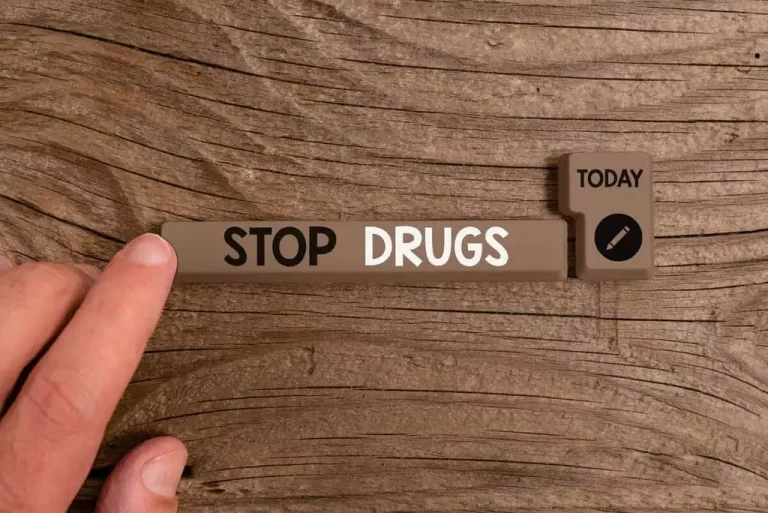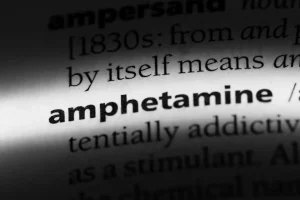
Understanding the biological factors behind sugar cravings in individuals with AUD can help inform strategies for managing these cravings and promoting overall well-being during recovery. It is crucial to address nutrient deficiencies and focus on consuming a nutrient-dense diet, while also finding healthy coping mechanisms for stress and emotional regulation. By addressing these factors, individuals can navigate their recovery journey with a greater understanding of the biological aspects influencing their sugar cravings. It’s not uncommon for individuals who once struggled with alcohol to turn to food in recovery, especially sugary foods.
How to Set Boundaries With a Spouse Battling Alcoholism

These sugar alcohols are not fully digestible, so they pass into the colon, where they may be fermented by the bacteria there, which may lead to bloating. Low-calorie alcoholic drinks or beverages may contain sugar alcohols. This excess gas could lead to bloating in the stomach and belching (burping). Beer is carbonated, so it can lead to excess gas in the stomach and bloating. Mixing alcoholic drinks with carbonated beverages (soda or seltzer) could also result in excess gas. If you’re tired, you are more likely to reach for a sugary treat or a pick-me-up in the afternoon.
How Amphetamines Alter Body Temperature?
Unlock personal development with common CBT techniques, from journaling to homework strategies. ‚, break stigmas, and discover resources for assistance and understanding. Discover the different types of psychotherapy and their benefits to understand and improve mental health. Discover how much alcohol can kill you, understand BAC, and learn prevention strategies for safer drinking. Unearth the path to recovery by finding good drug treatment centers tailored to your unique needs.
You Can Also Gain Weight From Drinking Alcohol
If a newly sober person feels their eating habits aren’t supporting their recovery or mood- it’s time to take a look at these habits. Breaking this loop can help a person overcome alcohol cravings and manage their alcohol intake. They can break this loop by avoiding triggers when possible, distracting themselves in the moment, and practicing relaxation techniques. A person who experiences alcohol cravings does not necessarily have alcohol use disorder.

However, just because someone experiences cravings does not mean they have AUD. If a person repeats drinking patterns, it can cause the brain to shift control over the actions involved with drinking. These days, there are plenty of mocktail recipes and nonalcoholic drinks meant to replicate your favorite boozy beverages. Drinking sparkling water with citrus or berries might also hit the spot.
The consumption of sugar can create a similar sensation to the pleasurable effects experienced with alcohol. Eating certain foods high in nutrients may help improve mood while foods low in nutritional value and high in sugar may be a hinderance to one’s mood. Eating a whole foods plant based diet can help stabilize blood sugar levels, resulting in a reduction of sugar cravings as well as alcohol cravings. Maintaining a healthy nutritional lifestyle is a form of self-care and is indicative of caring about your wellbeing, in which case you will be more inclined to care about your sobriety. One of the key factors in understanding the cravings for sugar in recovering alcoholics is the role of dopamine, a neurotransmitter that plays a pivotal role in the brain’s reward system.

It’s important to note that these psychological factors are complex and can vary from person to person. Not every individual struggling with alcoholism will experience the same degree of sugar cravings, and the underlying psychological factors may differ. Seeking professional support and therapy can help individuals in managing these psychological factors and developing healthier coping strategies. By emphasizing whole, unprocessed foods, individuals can reduce their intake of added sugars and unhealthy fats that can contribute to weight gain and poor overall health. This type of diet is rich in fiber, which promotes healthy digestion and helps regulate blood sugar levels. It also provides a wide range of nutrients that support optimal physical and mental well-being.
- Alcohol can make you feel calm, relaxed and even euphoric, which can keep you reaching back for glass after glass.
- Alcohol cravings may occur for a variety of reasons, such as changes in brain chemistry, triggers, and habit formation.
- For individuals with hypoglycemia unawareness, drinking alcohol can be particularly risky.
- It’s important to note that while sugar cravings may temporarily provide a sense of satisfaction, they do not address the underlying nutritional deficiencies.
We can help you along the path to a healthy, successful, and stable life.
Sugar can provide a similar temporary relief or distraction from emotional distress, leading to cravings for sweet foods or beverages. Studies have shown that individuals who are obese may experience more severe depression and feelings of hopelessness, which can increase susceptibility to alcohol relapse. By maintaining physical health through regular exercise, individuals can improve their overall well-being and reduce the risk of relapse. https://ecosoberhouse.com/ By following these tips, people in recovery can overcome their sugar cravings in healthy ways and maintain their sobriety, all while improving their overall mental and physical health. Also, the consumption of sugary snacks replenishes the body’s glycogen stores, a vital energy source stored in the muscles and liver. During bouts of alcohol consumption, glycogen depletion is common, leading to feelings of fatigue and weakness.
- Discover how increasing alcohol prices decreases alcohol-related deaths and supports healthier choices.
- This is because sugar sets off the release of dopamine, a chemical messenger in the brain that is also triggered by certain drugs.
- During the early days of addiction recovery, people often battle intense drug cravings and may be calorically deficient.
- Discover addiction help at PA rehabilitation centers, journey from darkness to recovery starts here.
Common Genetic Markers in Dependence
Gillian Tietz is the host of the Sober Powered podcast and recently left her career as a biochemist to create Sober Powered Media, LLC. When she quit drinking in 2019, she dedicated herself to learning about alcohol’s influence on the do alcoholics crave sugar brain and how it can cause addiction. Today, she educates and empowers others to assess their relationship with alcohol. Gill is the owner of the Sober Powered Media Podcast Network, which is the first network of top sober podcasts.
Phenomena of Craving and Sensitization

‚ from types, symptoms, impacts on health, to available help and resources. Discover what is Suboxone, its uses in treating opioid addiction, side effects, and how it compares to other treatments. You may have heard that alcohol breaks down into sugar in the body, but this isn’t exactly true. While sugar is combined with yeast in alcohol production, the sugar content of most alcoholic beverages is zero, and alcohol never breaks down into sugar while your body is metabolizing it. Additionally, sugary alcohol drinks increase dehydration compared to standard alcohol flavors. Consuming alcohol and sugar together might feel like it diminishes feelings of drunkenness.
